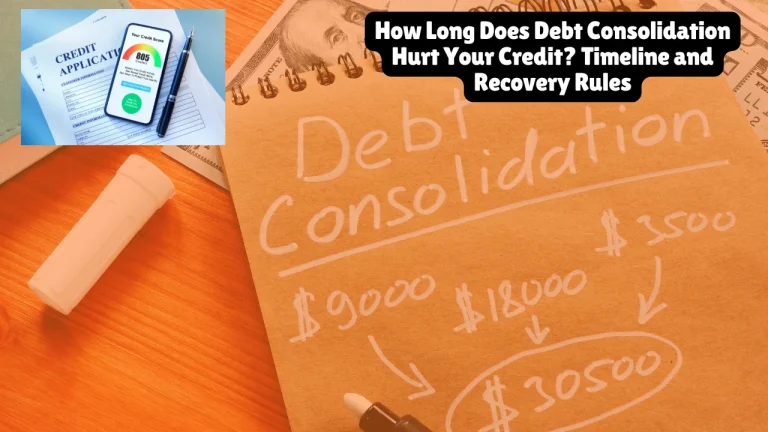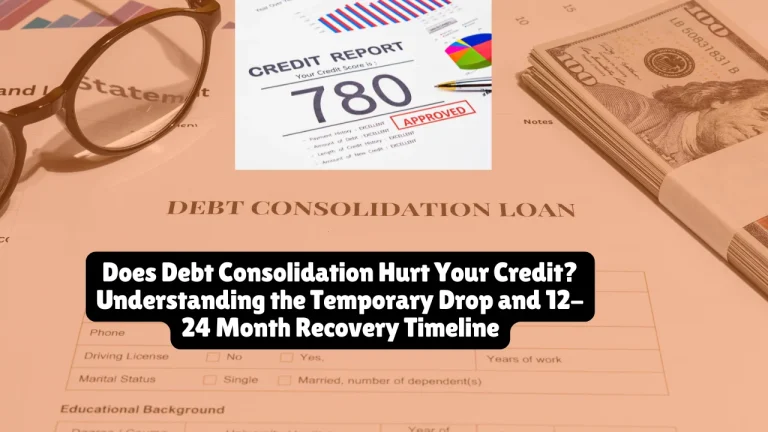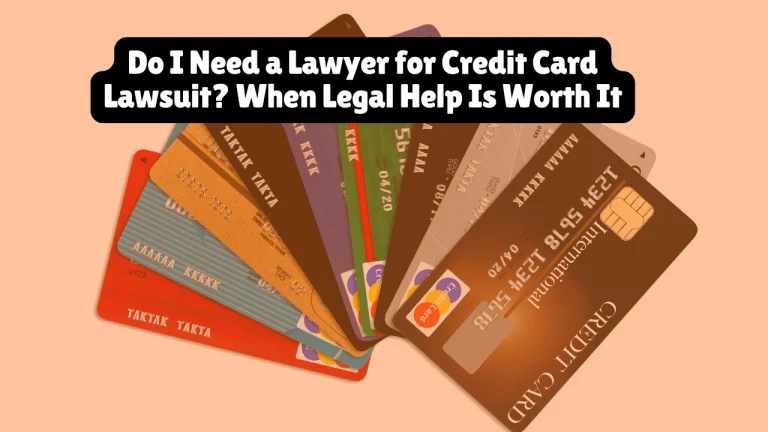Does Debt Consolidation Help Your Credit? Short-Term Impact vs Long-Term Recovery
Debt consolidation can help your credit in the long term, but it typically causes a temporary score drop of 10 to 30 points initially due to hard inquiries and new account openings. According to 2025 Consumer Financial Protection Bureau data, most consumers who consolidate debt and maintain on-time payments see their credit scores recover to…









